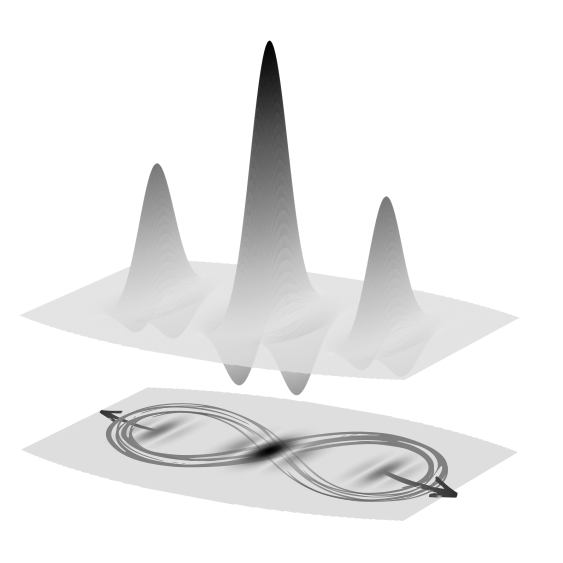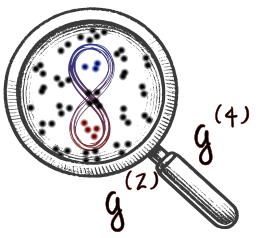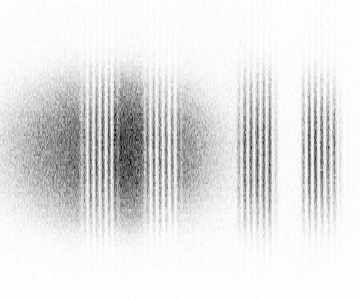Victor Gondret
Post-Doctoral researcher in Quantum Physics

I am a post-doctoral researcher working in experimental quantum physics. I did my PhD work on collective excitations in a metastable helium Bose-Einstein condensate, in Paris-Saclay University ![]() . During my PhD, I introduced a novel entanglement criterion which allowed observing entanglement between parametrically driven collective excitations in the quantum fluid. More details on my work can be found in the Research page.
. During my PhD, I introduced a novel entanglement criterion which allowed observing entanglement between parametrically driven collective excitations in the quantum fluid. More details on my work can be found in the Research page.
Since October 2025, I have been working at the Amazing Quantum laboratory, led by Carla Hermann at the University of Chile in Santiago ![]() . The lab specializes in quantum optics and was inaugurated last January. The project I am currently involved in aims to study and generate intense quantum states of light.
. The lab specializes in quantum optics and was inaugurated last January. The project I am currently involved in aims to study and generate intense quantum states of light.
My doctoral research focused on the quantum properties of matter waves accurately described by Gaussian states. I will now explore non-Gaussian light after its interaction with matter ![]() .
.
news
| Dec 2025 |
MIRO conference I had the chance to present this week our new results at the MIRO optics conference
I had the chance to present this week our new results at the MIRO optics conference |
|---|---|
| Dec 2025 |
A new preprint on arXiv!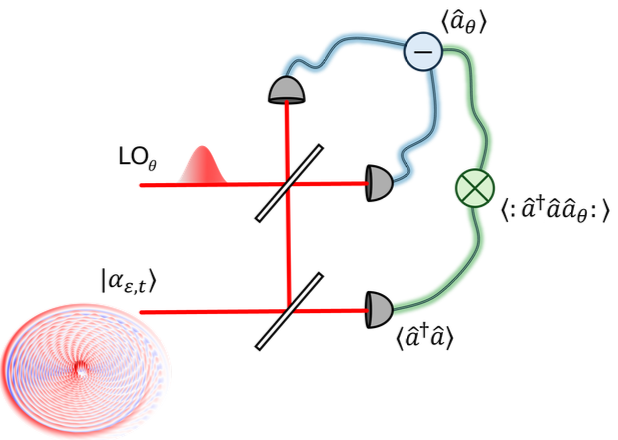 We have just released our new work on arXiv, in which we show how to probe the quantumness of a class of non-Gaussian states, known as Generalized Coherent States, using only the intensity–field correlation function
We have just released our new work on arXiv, in which we show how to probe the quantumness of a class of non-Gaussian states, known as Generalized Coherent States, using only the intensity–field correlation function |
| Nov 2025 |
First conference in Valparaiso!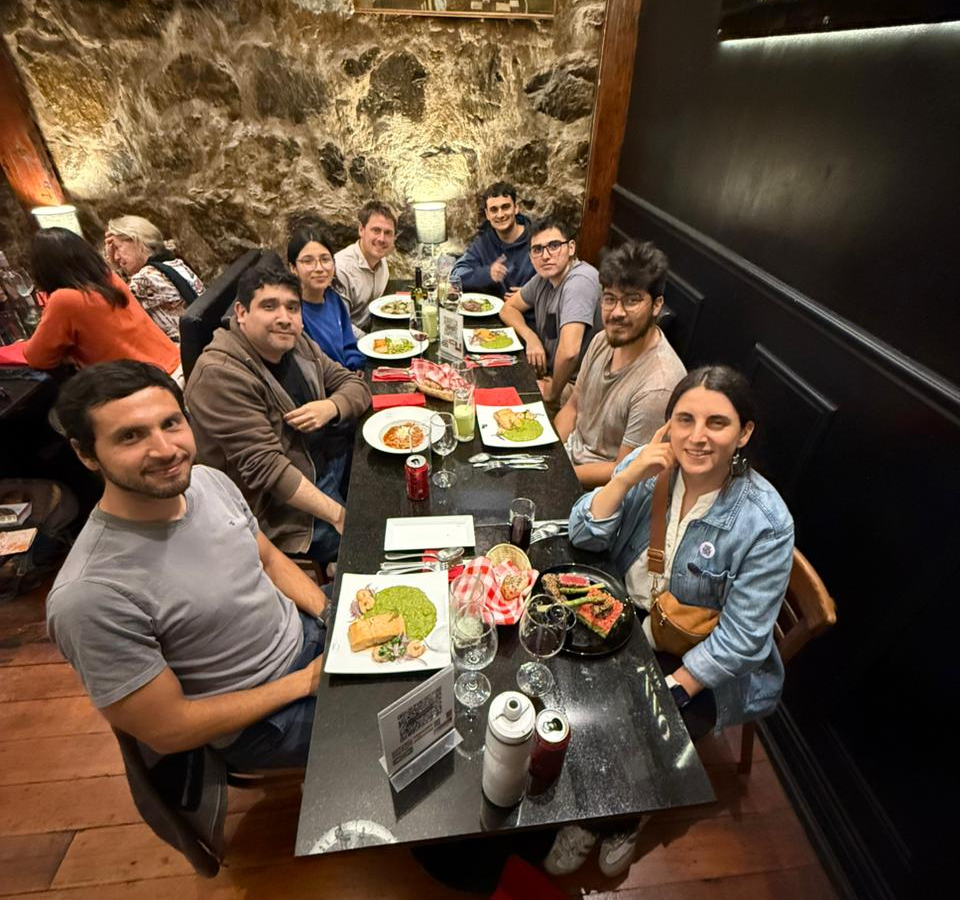 I just came back from my first conference in Chile — the Quantum Optics and Solid State Conference, QUOST IX, held in Valparaíso (Chile). It was mainly a national-level conference, which gave me a good overview of the field of quantum optics in Chile
I just came back from my first conference in Chile — the Quantum Optics and Solid State Conference, QUOST IX, held in Valparaíso (Chile). It was mainly a national-level conference, which gave me a good overview of the field of quantum optics in Chile |
